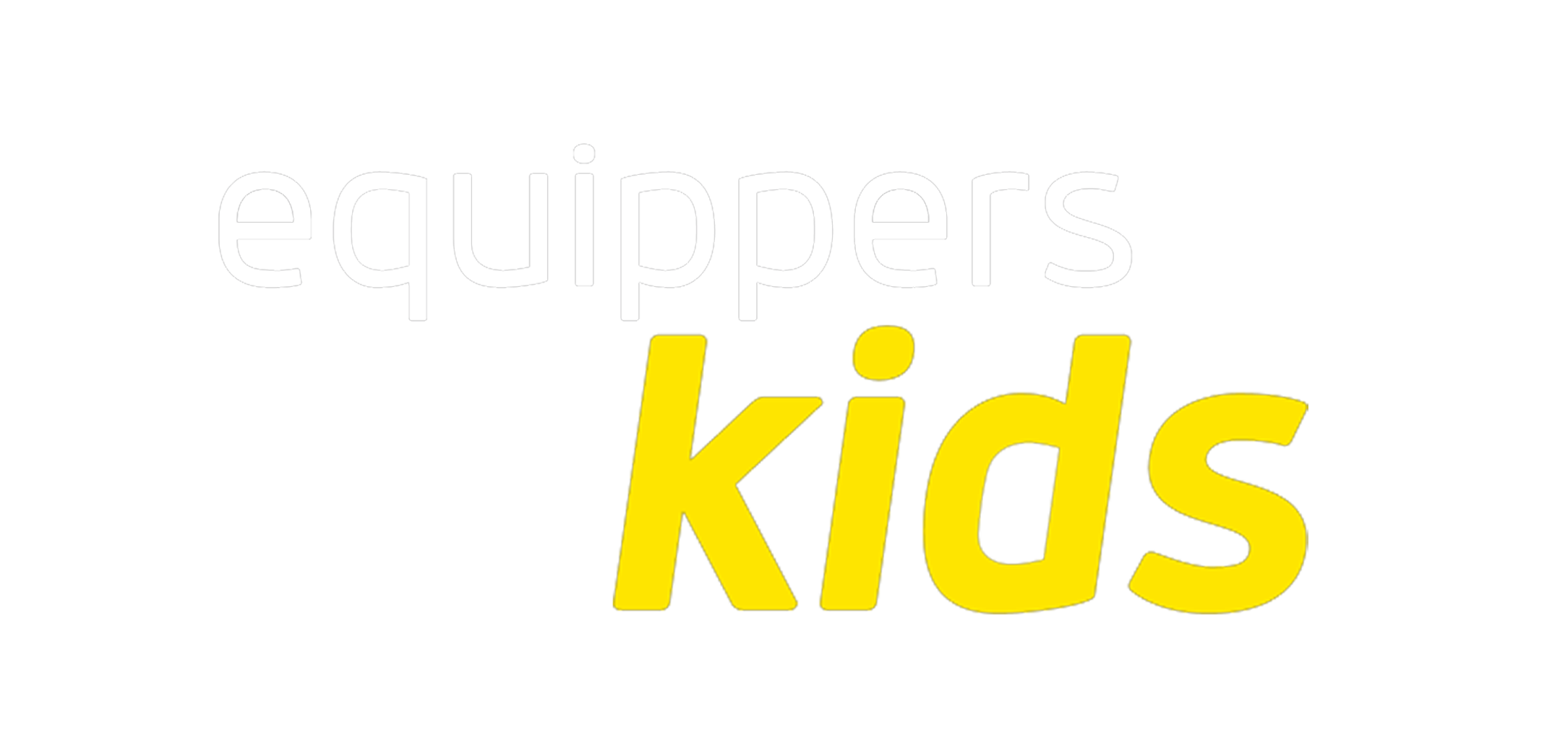Communication, Connection and Community
Communication is an essential tool that every human needs in order to understand others and to be understood.
Communication leads to connection, and connection leads to community.
Learning to communicate with others is vital as it is also the key to learning, wellbeing and development
Our ability to communicate starts at birth
Crying
Babbling
Gesturing
We can encourage communication by talking a lot and paying attention to our babies cues.
Babies learn to communicate by listening and watching us talk. It is never too early to read, sing and talk to your baby, and it won’t take long for them to communicate back. Every noise that a baby makes is intended to connect.
It doesn’t take long for a baby to attempt sounds and words, as well as use their hands to communicate in non verbal ways.
Clapping
Pointing
Waving
Pepi point at things they are interested in. Things they want and things they want you to see. It’s important to respond to this so your baby knows their communication is working.
All communication is valid - anger, sadness and frustration too. Pay attention to all forms of communication and try your best to understand and explain back to your child what you think they are trying to tell you. Offering words back to a young child helps them learn more language and develops their ability to communicate.
Body language is an important communication too for young children. As adults we should pay attention and respond when a child shows us their…
Sad face
Stomping feet
Silence
Smiles
Raised eyebrows
What else can we so to encourage communication in our children?
Talk to them at their eye level - sit down/crouch down
Maintain eye contact
Set aside time each day to talk with no distractions. Meal times are good for this.
Pay attention and listen to your child
Allow all sorts of subjects to be discussed
Don’t interrupt - young children can take a bit longer to form their ideas and put them into words
Ask open ended questions
Don’t feel the need to always correct grammar and ideas that might be confused as this could result in a child that loses confidence or feels criticised
Most importantly - be patient
